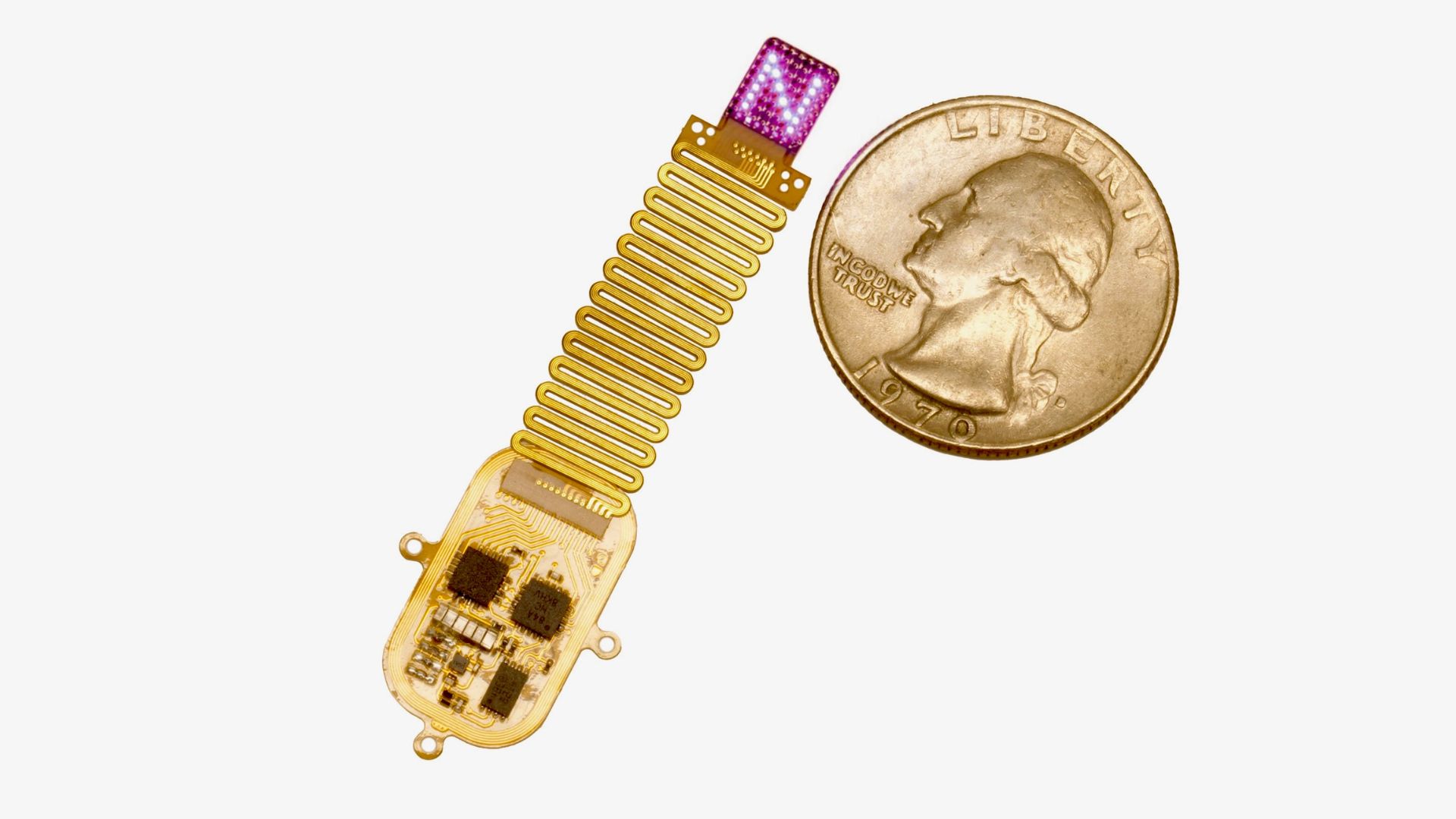Many Women Still Drink Alcohol When Trying to Get Pregnant

About half of pregnant women in the United States drink alcohol around the time they become pregnant or in early pregnancy, usually before they know they are expecting, a new study suggests.
The study involved more than 5,000 women who were surveyed by telephone when they were about six weeks pregnant, and again when they were around three months pregnant. During the second interview, the women answered questions about their alcohol use, including how much they drank, and how frequently. About 70 percent of the women said they had a planned pregnancy.
In the interviews conducted when the women were three months pregnant, a little over half of the women — 55 percent — said they had consumed alcohol within the past four months, meaning they had consumed alcohol around the time they got pregnant or at some point since then during the pregnancy. The researchers essentially used the past four months as a ballpark time period for when the women could feasibly have been pregnant, because they didn't know exactly when the women became pregnant.
Related: How to get pregnant: 10 tips to increase fertility
However, nearly all of the woman said they stopped drinking at around four weeks of pregnancy. This is around the time that many of these women would have taken a pregnancy test and discovered they were pregnant, the researchers said. The women who had planned pregnancies tended to stop drinking around the same time as women with unplanned pregnancies, the study found.
"Our data suggest that the majority of women, regardless of pregnancy intention, stop or decrease alcohol use around the time of a positive pregnancy test," the researchers, from Vanderbilt University Medical Center in Nashville, Tennessee, wrote in the April issue of the journal Obstetrics & Gynecology. [7 Ways Alcohol Affects Your Health]
In 2016, the Centers for Disease Control and Prevention advised women who were planning to become pregnant, as well as women who were merely sexually active and not using birth control, to abstain from alcohol use. This recommendation was met with criticism from the public and health care providers, who saw the recommendations as patronizing, the researchers said.
Get the world’s most fascinating discoveries delivered straight to your inbox.
The new findings suggest that a better alternative to advising complete abstinence from alcohol for all women who could potentially become pregnant might be to encourage prompt pregnancy testing to recognize pregnancy earlier, the researchers said. Whereas the former strategy seems unlikely to be achieved, the latter "results in relatively prompt reductions in alcohol consumption," they said.
In the study, the researchers looked at whether the women reported a change in their drinking habits over the prior four months and when this change occurred. They found that 90 percent of the women changed their drinking habits, and of these, 90 percent stopped drinking completely, usually around 29 days of pregnancy. Just 6 percent of the women said they were currently drinking at the end of their first trimester.
Women who had planned to become pregnant were 31 percent less likely to have consumed alcohol in the past four months, compared with women who had an unplanned pregnancy.
The researchers noted that pregnant women who were white, college-educated, relatively older and had higher incomes were the most likely to consume alcohol in pregnancy, compared with other demographic groups.
These women might be overlooked as being at risk for alcohol consumption during pregnancy "because they defy clinical and cultural biases about who may be most likely to drink during pregnancy," the researchers said. Thus, doctors should evaluate all pregnant women for risky behaviors such as drinking, they said.
Original article on Live Science.

Rachael is a Live Science contributor, and was a former channel editor and senior writer for Live Science between 2010 and 2022. She has a master's degree in journalism from New York University's Science, Health and Environmental Reporting Program. She also holds a B.S. in molecular biology and an M.S. in biology from the University of California, San Diego. Her work has appeared in Scienceline, The Washington Post and Scientific American.



